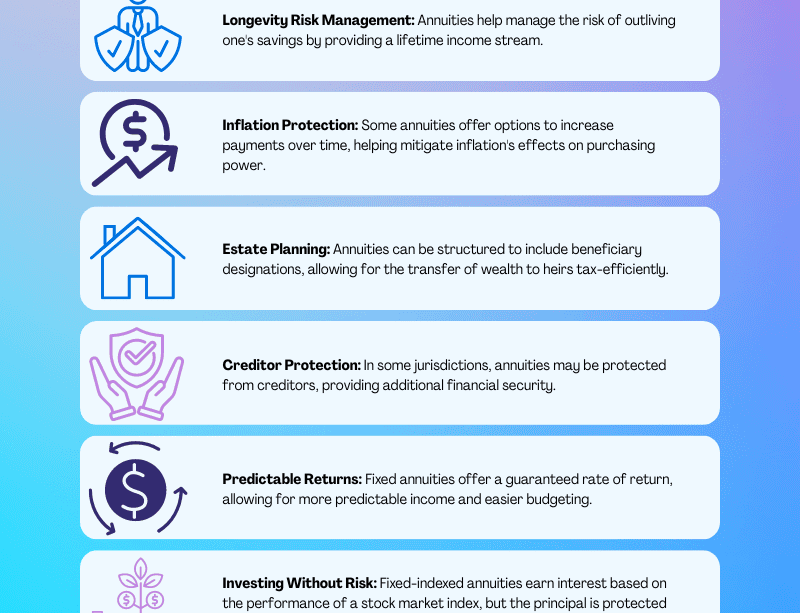The Importance of Retirement Planning in Today’s Economy

Understanding Retirement Planning
Retirement planning is a critical aspect of personal finance that involves preparing for life after employment. With increasing life expectancies and rising living costs, ensuring financial stability in one’s later years is more important than ever. The relevance of retirement planning is heightened in today’s economic climate, where inflation concerns and fluctuating markets impact how individuals save and invest.
Current Trends in Retirement Planning
Recent studies indicate that many individuals underestimate the amount they need to save for retirement. According to a 2023 report from the Office for National Statistics, over 50% of UK adults have not calculated how much money they will require for retirement. This lack of awareness can lead to financial insecurity, making early and thorough planning essential.
Moreover, many people are reluctant to engage with financial advisors, with a noted rise in the number of individuals opting for self-managed retirement plans. The Financial Conduct Authority (FCA) reported a 20% increase in DIY pensions among younger demographics, highlighting a shift towards personal agency in financial matters. However, this trend raises concerns about the adequacy of financial knowledge among those who may lack experience in managing investments.
Key Strategies for Effective Retirement Planning
1. Start Early: The earlier you begin saving, the more time your money has to grow. Compound interest works in your favour over time, making even small contributions significant in the long term.
2. Diversify Investments: It’s essential to have a well-diversified portfolio that includes various asset classes. Consider a mix of stocks, bonds, and real estate to mitigate risks.
3. Utilise Retirement Accounts: Take advantage of tax-advantaged accounts, such as Individual Savings Accounts (ISAs) and pensions, to maximise your savings and reduce tax liability.
4. Regular Reviews: Monitor and adjust your plan regularly to ensure it aligns with your financial goals and changes in your life circumstances. This includes considering health care costs and retirement income needs.
Conclusion: The Future of Retirement Planning
In conclusion, retirement planning is a fundamental aspect of financial responsibility and future security. With the economic landscape constantly evolving, it is crucial to stay informed and proactive in your financial approaches. Individuals who prioritise their retirement planning today will be better equipped to face the challenges of tomorrow. As financial literacy grows, the importance of seeking professional guidance cannot be understated, ensuring that everyone has the tools to secure a comfortable and fulfilling retirement.









